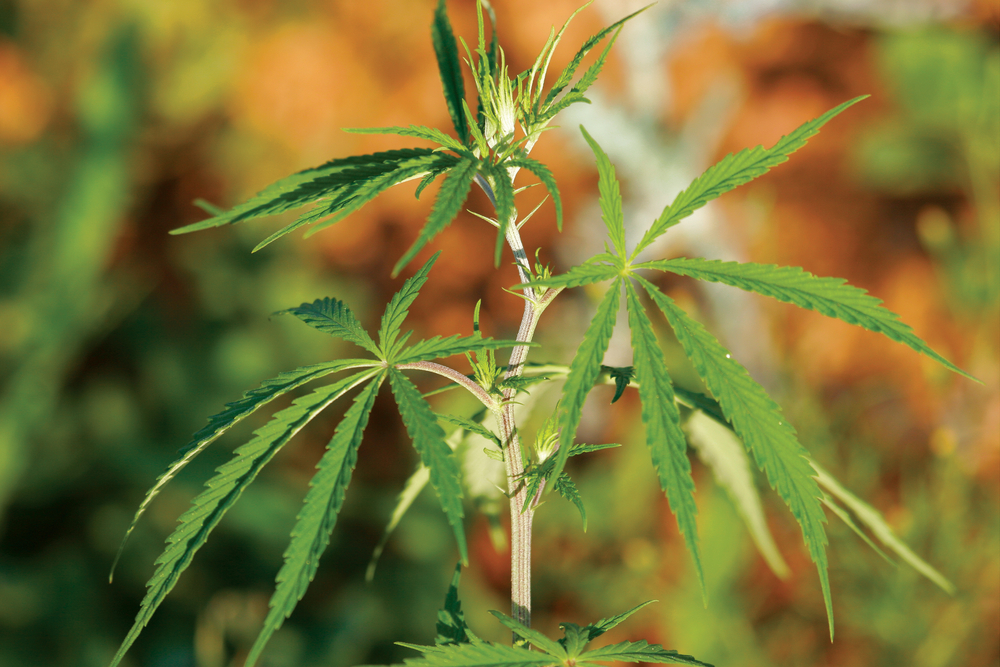Results from a recent study presented during the 2015 Annual Meeting of the American College of Gastroenterology showed that the use of marijuana is associated with a positive hepatitis C antibody serum test.
Akeem O. Adebogun, MD, MPH, of the Howard University Hospital in Washington, D.C., and co-workers obtained and analyzed clinical information from the National Health and Nutrition Examination Survey of 7,821 HCV patients from 2011 to 2012 to examine the association between hepatitis C and the use of marijuana. Of the total sample, 49.9% were men with a median age of 34 years. All patients were tested for serum hepatitis C antibody and were surveyed for their drug use habits.
The results revealed that marijuana use was associated with a positive serum hepatitis C antibody test. However, multivariate analysis showed that marijuana use was not significantly associated with a positive serum hepatitis C antibody test, after the team adjusted for use of cocaine, heroin or methamphetamine.
“The apparent association seen between marijuana use and a positive hepatitis C status in the univariate analysis is driven by the use of other drugs, as that association disappears in the multivariate analysis while adjusting for the use of other drugs,” Dr. Adebogun said in a recent news release. “This is consistent with marijuana being a gateway drug.”
Hepatitis C diagnosis begins with an antibody test that detects antibodies in the blood within two or three months following the virus entering the patient’s body. If an individual is positive for HCV antibodies, it means there has been a past exposure to the virus. About 15% to 25% of those initially infected with HCV are able to clear the virus from their bodies within six months of exposure, so the next step is to look for the actual virus in the bloodstream, using a viral load test.
“It will be interesting to see what role marijuana would play as a factor in the incidence of hepatitis C in an environment where marijuana use is legal,” Dr. Adebogun concluded.

